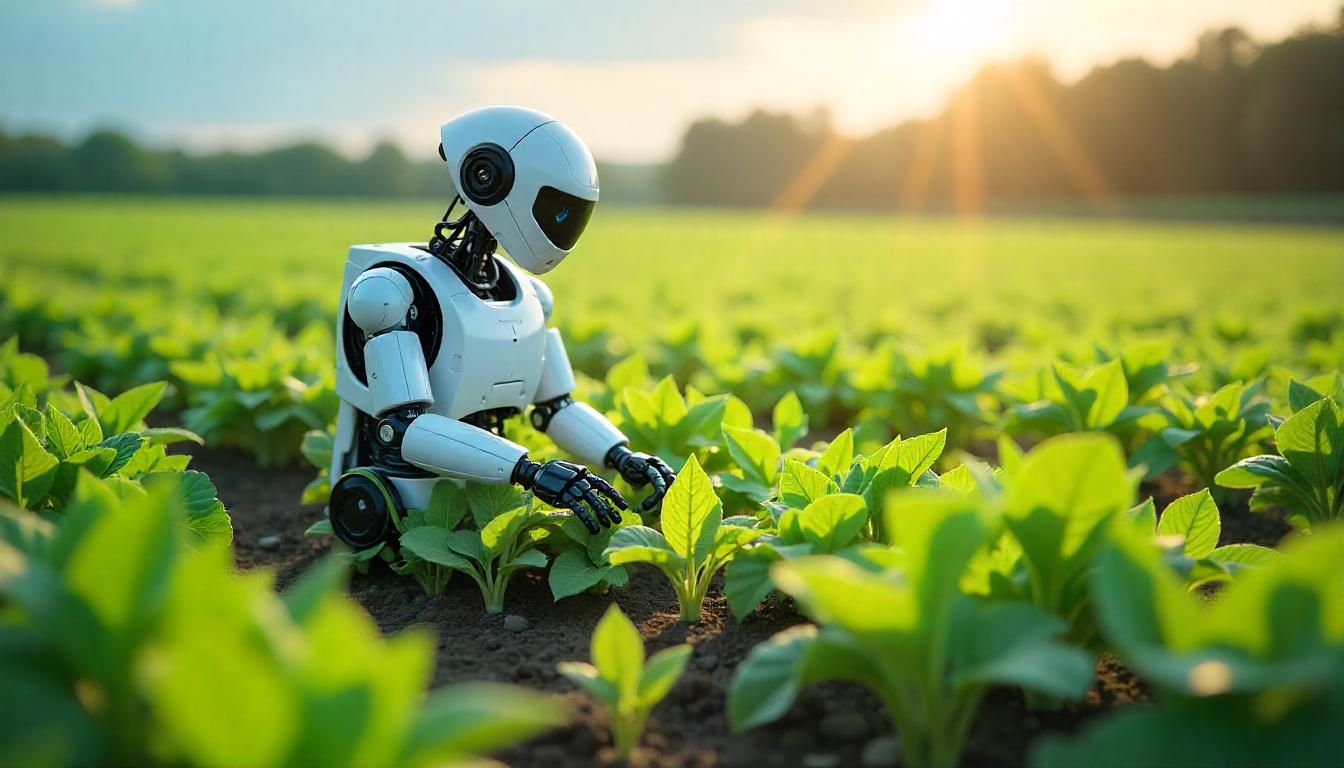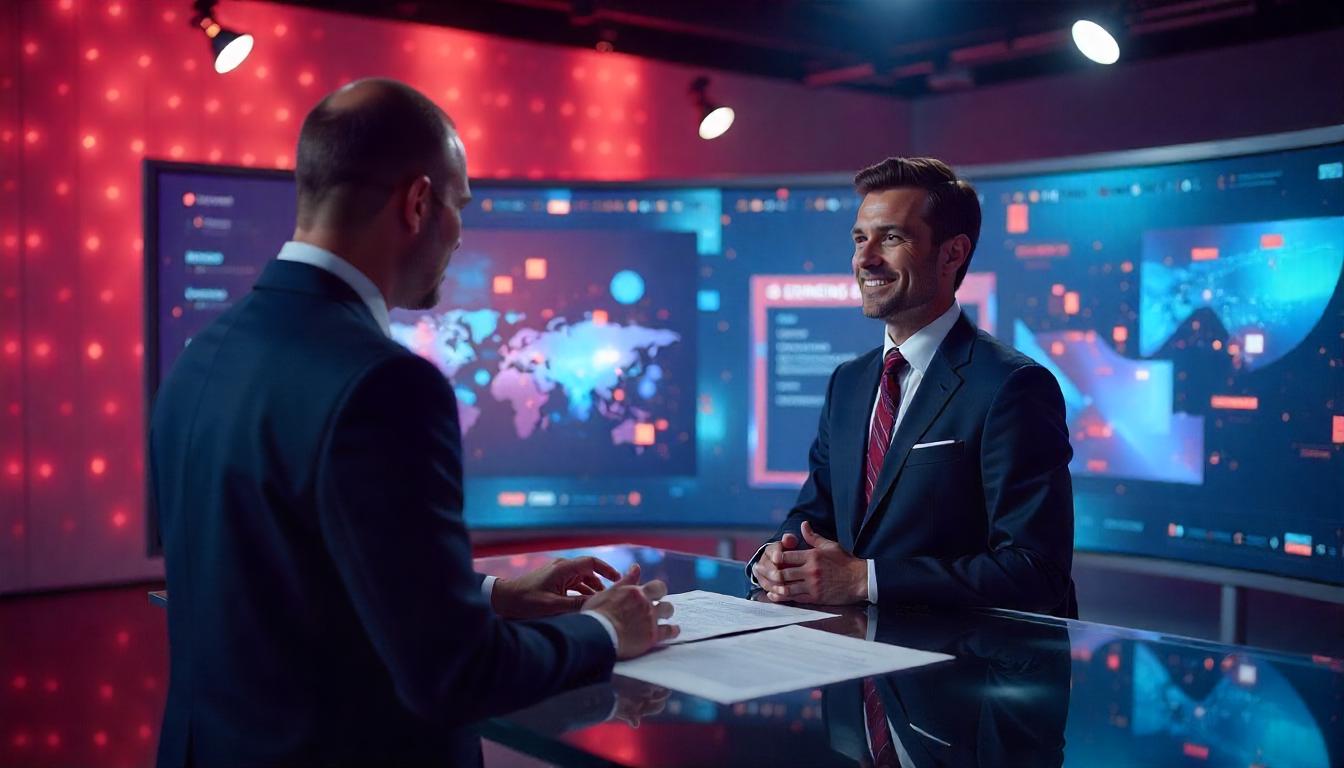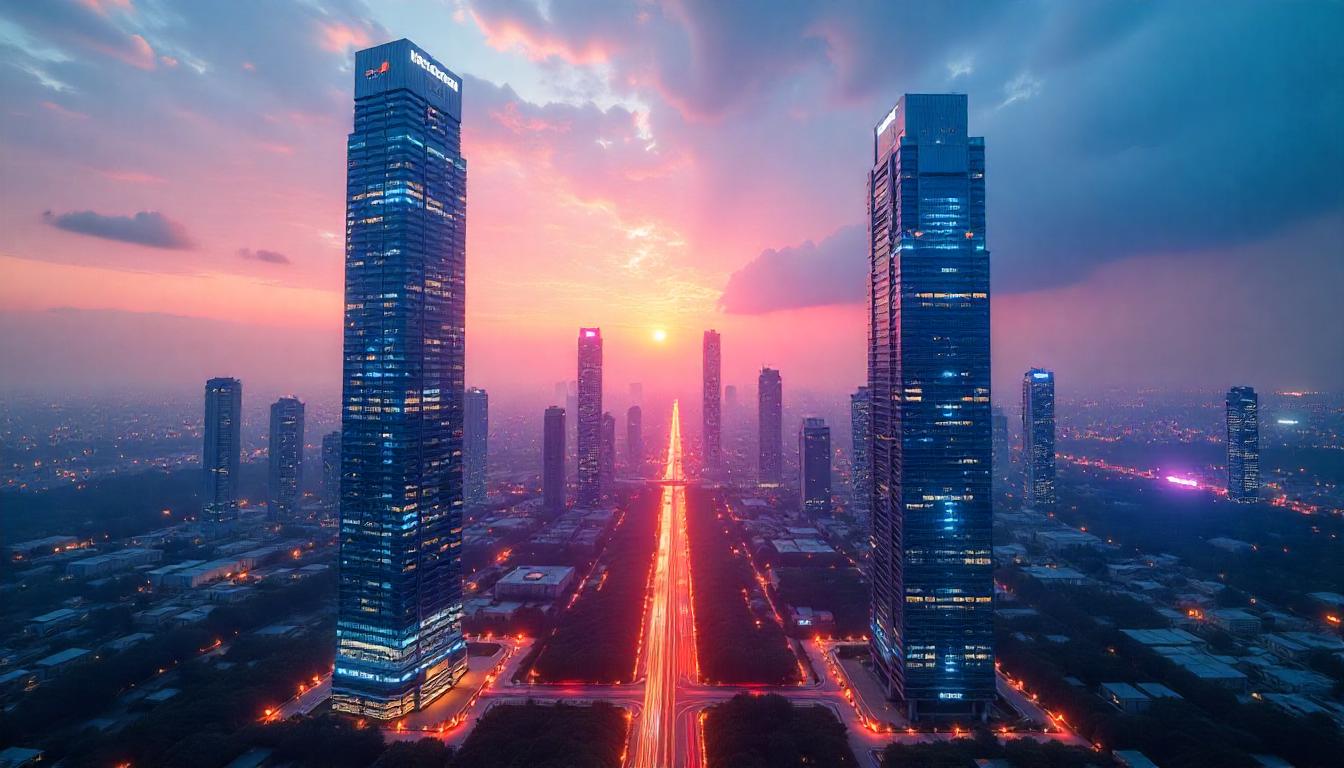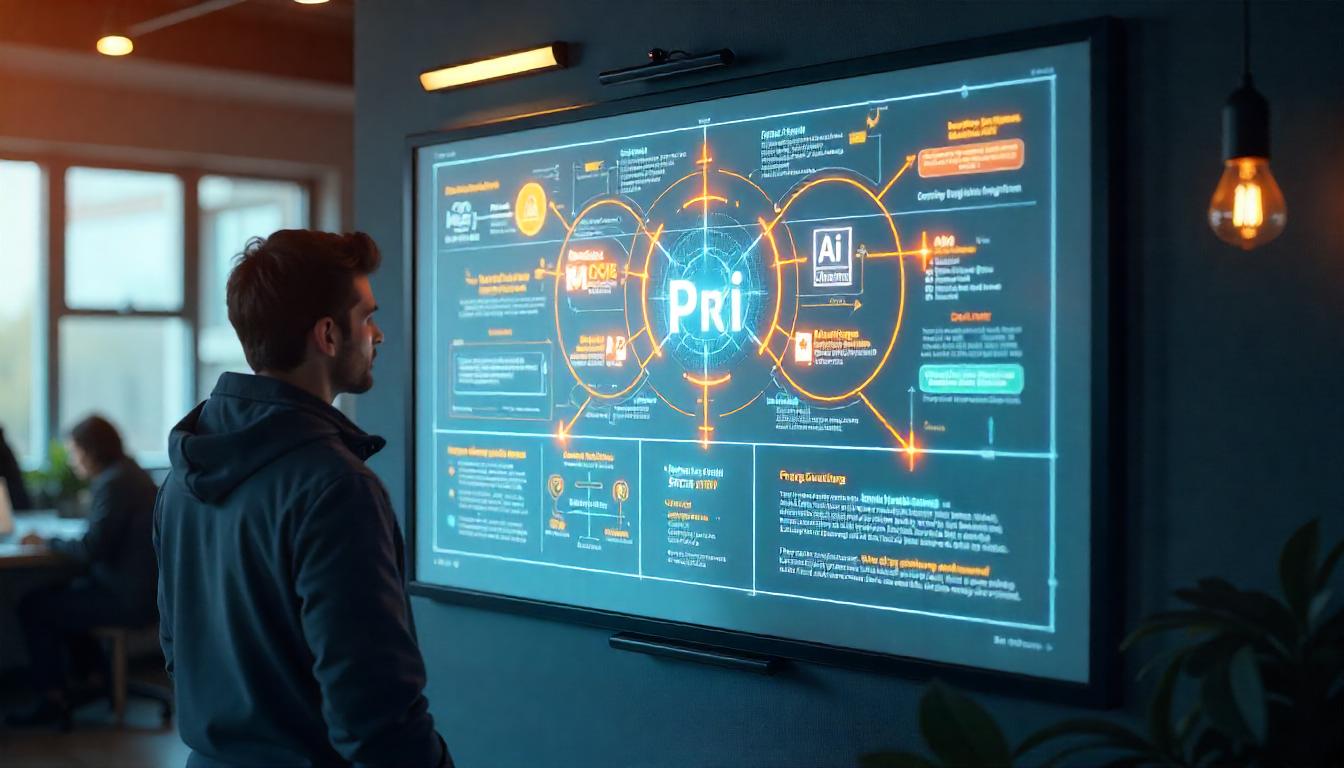The Road Ahead: Predictions for AI in the Next 10 Years
Artificial Intelligence (AI) has become a driving force behind many of the changes we see in our world today—from smarter smartphones to advanced medical tools. But if you think we’ve reached the peak of AI innovation, think again. The next decade is set to bring even bigger shifts, transforming how we work, live, and interact with technology. Let’s explore some key predictions for AI over the next ten years.
1. Conversations with AI Will Feel Human
AI is getting better at understanding how we speak, what we mean, and even how we feel. In the coming years, chatbots and digital assistants will hold conversations that feel far more natural and less scripted.
Imagine an AI assistant that can sense your frustration, offer support, and adjust its tone or suggestions to suit your mood. The line between talking to a machine and chatting with a human will blur like never before.
2. Personalization Will Be Everywhere
In the next decade, hyper-personalization will become the norm. AI will use your preferences, behaviors, and habits to create experiences tailored just for you.
From health apps that design fitness plans specific to your body, to learning platforms that adjust lessons to your pace and style, AI will make products and services feel incredibly personal and relevant.
3. AI Will Revolutionize Healthcare
Healthcare stands to benefit tremendously from AI advancements. In the next ten years, we’ll see AI helping doctors diagnose illnesses earlier and more accurately, predict potential health issues, and create personalized treatment plans.
AI will also play a huge role in drug development, speeding up research and bringing new treatments to patients faster. Remote care and telehealth will become more intelligent, bridging gaps in healthcare access around the world.
4. The Workplace Will Evolve with AI
AI isn’t just about replacing jobs—it’s about transforming them. Over the next decade, AI will handle repetitive tasks, freeing humans to focus on creativity, problem-solving, and strategic thinking.
Industries like logistics, manufacturing, finance, and even law will see AI tools that help workers be more productive and efficient, opening the door to entirely new roles and opportunities.
5. AI as a Creative Partner
AI is moving into the creative world, too. Generative AI can already write music, generate art, craft stories, and even produce video content. Over the next ten years, these tools will become more sophisticated and accessible, allowing artists, writers, and designers to collaborate with AI in innovative ways.
Of course, this raises questions about creativity, ownership, and originality—but it’s clear that AI will play a significant role in the creative industries of the future.
6. Ethics and Responsible AI Development
With greater AI power comes greater responsibility. As AI grows more advanced, ensuring it’s developed and used ethically will become even more critical.
Expect to see new laws and guidelines aimed at protecting privacy, eliminating bias, and ensuring transparency in AI systems. Building trust in AI will be essential for its widespread acceptance and positive impact.
7. AI Will Help Solve Global Problems
AI has the potential to contribute solutions to some of humanity’s biggest challenges. In the coming decade, we’ll see AI aiding climate research, improving agricultural practices, predicting extreme weather events, and helping design sustainable technologies.
By processing vast amounts of data quickly and spotting patterns that humans might miss, AI will become an indispensable tool for tackling issues like environmental sustainability and global health.
A Future Full of Possibilities
The next ten years will be a pivotal time for AI. While challenges remain, the opportunities are enormous. How we choose to develop and integrate AI into our lives will shape the future—not just for technology, but for humanity as a whole.





